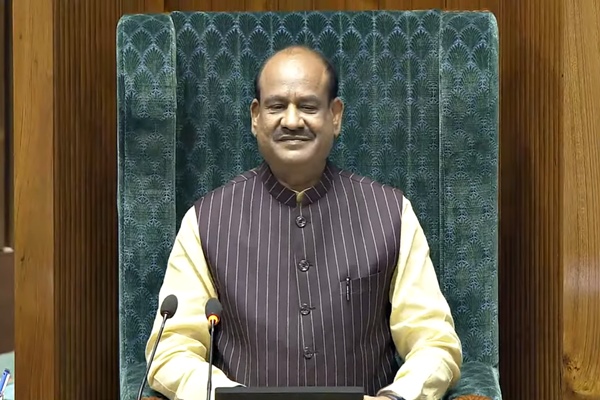Estimates Committee

- 24 Jun 2025
In News:
The Lok Sabha Speaker inaugurated the National Conference of Estimates Committees in Mumbai to mark 75 years of the Parliamentary Estimates Committee.
About the Estimates Committee:
- Type: Parliamentary Financial Standing Committee (Lok Sabha).
- Established in: 1950, under the Rules of Procedure of Lok Sabha, after the adoption of the Constitution.
- Purpose: To examine how public funds are allocated and utilized, and recommend improvements in economy, efficiency, and accountability.
Composition:
- Total Members: 30 Lok Sabha MPs.
- Exclusion: Ministers are not eligible to be members.
- Chairperson: Appointed by the Speaker of Lok Sabha.
- Term: One year, renewable annually.
Selection Process:
- Members are elected annually by the Lok Sabha through proportional representation using the single transferable vote system.
Key Functions:
- Examine budget estimates of various ministries and departments.
- Suggest reforms for better economy and efficiency in public expenditure.
- Recommend alternative policies for improved governance and financial management.
- Evaluate effectiveness of spending aligned with policy objectives.
- Suggest improvements in the presentation of budget estimates to Parliament.
Exclusions: Does not examine Public Sector Undertakings — these are dealt with by the Committee on Public Undertakings.
Working Mechanism:
- Selects specific departments or statutory bodies for scrutiny.
- Seeks inputs from government officials and external experts.
- Undertakes study visits and on-ground assessments (with prior approval).
- Holds formal evidence sessions in Parliament.
- Submits findings and recommendations through reports to the Lok Sabha.
- The Government must submit Action Taken Reports (ATR) within six months.
Achievements (as of 2025):
- Total Reports Presented: 1,184
- 656 Original Reports
- 528 Action Taken Reports
- Covered nearly all major ministries and departments.
- Contributed to strengthening Parliamentary financial oversight and ensuring fiscal discipline.
